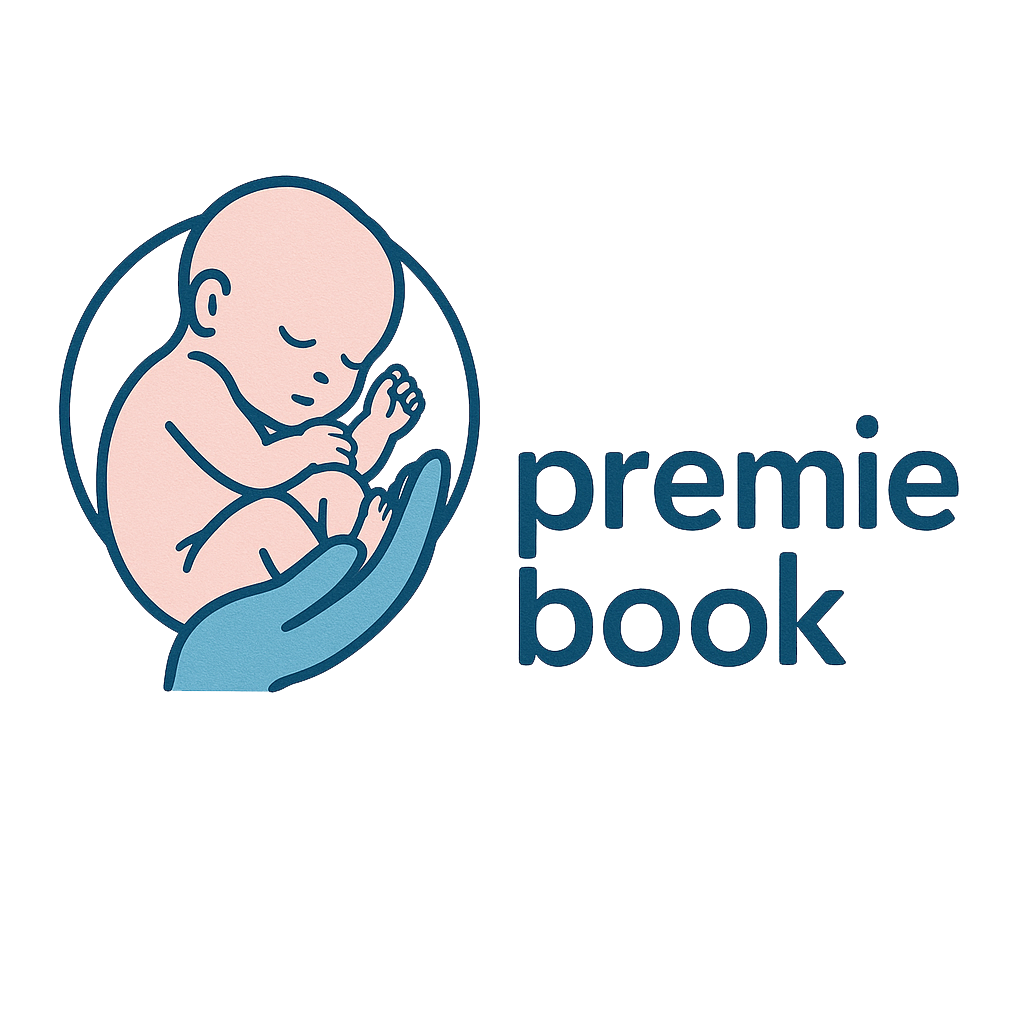The Accuracy Coriolis Meters have become an indispensable tool in modern industries where precise fluid measurement is critical. From oil and gas to food processing, pharmaceuticals, and chemicals, these advanced flow meters offer unmatched accuracy in measuring mass flow, density, and temperature of liquids and gases. As industries demand higher efficiency, better control, and compliance with quality standards, Coriolis meters are setting new benchmarks in process automation and fluid dynamics.
Understanding Coriolis Meters and Their Working Principle
Coriolis meters operate on the principle of the Coriolis effect, which describes how a moving mass experiences a force when it flows through a vibrating tube. The flow of the fluid causes a measurable phase shift in the vibration, which is directly proportional to the mass flow rate. Simultaneously, the meter measures fluid density and temperature, allowing for comprehensive and highly accurate analysis.
Unlike traditional flow measurement devices that depend on volumetric flow or mechanical components, Coriolis meters measure mass directly. This eliminates errors caused by changes in pressure, temperature, or fluid viscosity—factors that often compromise accuracy in other types of meters. The result is a highly reliable and maintenance-free solution for critical industrial applications.
Advantages of Using Accuracy Coriolis Meters
-
Exceptional Measurement Precision – Coriolis meters can achieve accuracy levels as high as ±0.1% of the flow rate, making them ideal for high-value applications like fuel transfer, chemical dosing, and custody transfer operations.
-
Versatility Across Fluids – These meters can measure both liquids and gases, including slurries, viscous fluids, and corrosive chemicals, without needing recalibration or compensation for changes in fluid properties.
-
Low Maintenance and Long Life – With no moving parts and minimal wear, Coriolis meters require little maintenance and offer long operational lifespans, reducing downtime and overall cost of ownership.
-
Real-Time Data and Diagnostics – Advanced models feature digital signal processing and smart diagnostics, enabling real-time monitoring of flow performance and quick identification of process disturbances or blockages.
-
Enhanced Safety and Compliance – In industries like oil and gas or pharmaceuticals, where precision and safety are paramount, Coriolis meters ensure accurate flow monitoring and regulatory compliance with international measurement standards.
Applications Across Industries
-
Oil and Gas: Coriolis meters are extensively used for custody transfer, refining, and LNG processing due to their superior accuracy and ability to handle complex fluid mixtures.
-
Chemical Processing: They enable precise chemical dosing, blending, and reaction monitoring, which are critical for process optimization and safety.
-
Food and Beverage: Their hygienic designs meet FDA and EHEDG standards, ensuring accurate measurement of ingredients, syrups, and dairy products without contamination risks.
-
Pharmaceuticals: Coriolis meters help maintain strict dosage control and quality assurance, supporting Good Manufacturing Practices (GMP).
-
Water and Wastewater Treatment: They are increasingly used for monitoring chemical additives and treatment efficiency with minimal maintenance requirements.
Market Trends and Technological Advancements
The global demand for high-accuracy flow measurement is driving innovation in Coriolis technology. Modern meters now incorporate smart sensors, wireless communication, and IoT integration for seamless data sharing and predictive maintenance. Additionally, miniaturized Coriolis meters are being developed for laboratory and small-scale industrial use, expanding their applicability beyond large facilities.
Automation and Industry 4.0 have also accelerated the adoption of digital Coriolis meters, allowing for enhanced connectivity with distributed control systems (DCS) and supervisory control and data acquisition (SCADA) networks. These intelligent systems not only improve operational efficiency but also provide real-time insights into process health and optimization opportunities.
Challenges and Future Outlook
Despite their benefits, Coriolis meters have relatively high initial costs compared to traditional flow meters. However, their accuracy, reliability, and low maintenance make them a cost-effective long-term investment. The future of Coriolis technology is expected to focus on miniaturization, energy efficiency, and advanced materials to withstand extreme temperatures and pressures.
As industries continue to prioritize digitalization and sustainability, the role of accuracy Coriolis meters will become even more prominent. Their ability to deliver precise measurements under dynamic conditions makes them essential for achieving operational excellence and reducing resource waste.
FAQs
1. What makes Coriolis meters more accurate than other flow meters?
Coriolis meters measure mass flow directly using the Coriolis effect, eliminating errors from temperature, pressure, or fluid viscosity that affect volumetric flow meters.
2. Can Coriolis meters handle all types of fluids?
Yes, they are highly versatile and can measure liquids, gases, slurries, and even highly viscous or corrosive substances with excellent accuracy.
3. Are Coriolis meters suitable for hazardous environments?
Absolutely. Many Coriolis meters are designed with explosion-proof housings and certified for hazardous area use, making them ideal for oil, gas, and chemical applications.
More Related Reports:


